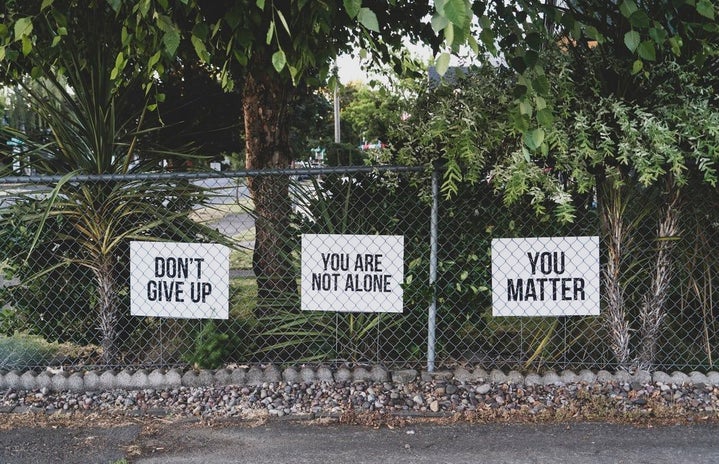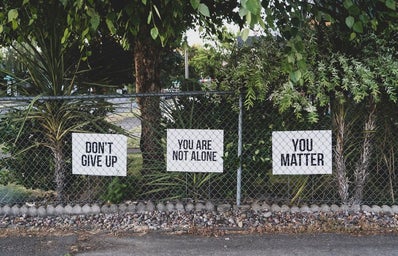In the time it has taken you to read this article, 5 men will have taken their lives. Check up on your mates.
Disclaimer: the statistics used in this article refer to cisgender men and women only as a result of there being little research on suicide amongst the transgender and non-binary community.
Movember is currently the leading charity changing the face of men’s health – something that is rarely spoken about. What started as two Australian mates deciding to bring the moustache back into fashion, Movember has gone on to become a global fundraising charity to spread awareness for men’s mental health and suicide prevention, prostate cancer, and testicular cancer.
Whilst Movember may be known predominantly by the driving symbol of a moustache, the charity’s message is not so light-hearted: men are dying too young.
More men die by suicide than women:
- 560,000 men a year
- 47,000 men a month
- 1,200 men a day
- 60 men an hour
- 1 man a minute
The Gender Paradox
Women are more likely to report having attempted suicide than men
Women are more likely to self-harm than men
- So why are men more likely to die by suicide than women?
The role of gendered stigma: A study suggests that non-fatal suicidal behaviours are viewed by society as ‘feminine’ and therefore less acceptable for men than women.
- Men are therefore less likely to discuss or seek help
- Men also choose more ‘lethal’ forms of suicide, perhaps because a ‘failed’ suicide attempt is seen as weak
The Problem of Toxic Masculinity
Masculinity: a term used to refer to the appropriate behaviour of boys and men in a society. They’re expected to be strong, aggressive, daring, emotionally inexpressive and dominant. Socialisation, media, and peers are amongst a host of influences that enforce these stereotypes.
So, what is toxic masculinity?
The phrase refers to a particular kind of masculinity, one that points to the worst aspects of stereotypically masculine attributes.
- It’s damaging to women: toxic masculinity shapes sexist and patriarchal behaviours, promotes sexual entitlement and hostility to femininity.
- Its damaging to men: toxic masculinity constrains boys and men’s physical and mental health. It determines a perspective that this behaviour is inevitable in men – that ‘boys will be boys.’
What Has Toxic Masculinity Resulted In?
A study has shown that men are more likely to self-harm as a result of external distress – mainly due to peer harassment.
A study in the UK found the following statistics:
- 77% of men have experienced common mental health symptoms
- 40% of men won’t talk about their mental health
- 29% of which reported they were ‘too embarrassed’
- 20% of which reported there is a negative stigma surrounding the issue
- 40% said it would take suicide thoughts or self-harm before they would seek help
- 40% of men won’t speak about their mental health to friends, family, or a medical professional
Because of toxic masculinity, the majority of boys and men choose not to seek help or speak up about their mental health because they ‘feel too embarrassed’, ‘don’t want to appear weak’ and ‘don’t want to admit they need help’.
Society has forced men to feel more comfortable suffering in silence than to admit to feeling human. This needs to change.
Donate to Movember: https://uk.movember.com/donate/details/memberId/96


